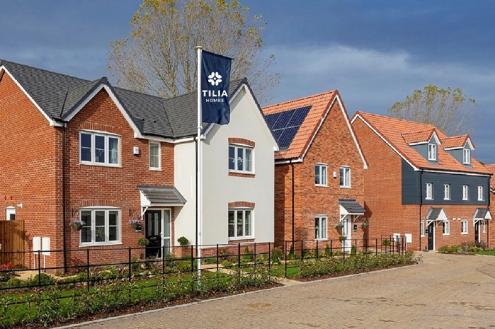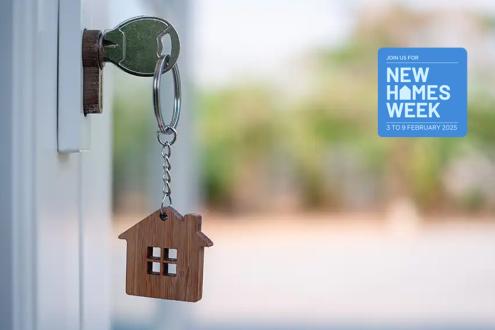22 September 2023
What is a Mortgage in Principle?
Mortgage in Principle, sometimes referred to as an MIP is an indication from a lender of how much you can afford to borrow. Find out more in our latest blog.
Mortgage in Principle, sometimes referred to as an MIP, Decision in Principle (DIP) or Agreement in Principle (AIP) is an indication from a lender of how much you can afford to borrow. It is typically based on details you’ve given about your salary, spending, any outstanding debts and most importantly your credit score.
An MIP is typically needed to view a house, particularly given how frantic the current market is. They can often be sorted in under an hour and puts you in a position to make a firm offer in confidence on your dream home.
What does mortgage in principle mean?
It’s important to note that an MIP isn’t a formal mortgage offer. It’s simply an indication from the lender that, providing the details you have submitted add up, they will be able to lend you a certain amount of money. It shows you’re a serious buyer.
Applying for a mortgage can be complicated, so we’ve compiled a guide for first time buyers around applying for your first mortgage.
What do you need to apply for a Decision in Principle?
When applying for your decision in principle, you will need the following details:
● Personal details - this includes your full name and date of birth
● Your addresses for the last 3 years
● Details of your income
● Details of any financial commitments eg loans and credit cards
Can a mortgage in principle be declined?
An MIP is simply an indication from lenders of how much you can borrow and not a firm mortgage offer, however, it can still be declined. If one lender rejects your application, it doesn’t mean that another won’t accept it.
As a general rule, the smaller the deposit you have to put down, the better you credit score will need to be.
You can receive an Agreement in Principle, but still be declined for the mortgage. If you’re refused for a mortgage following an MIP, it’s often because the lender has found something on your credit file that didn’t match their criteria.
How long does a mortgage in principle last?
A mortgage in principle is usually valid for anywhere between 30 and 90 days depending on the lender. You may be able to renew the terms after the 90 day period has passed, but again this depends on the lender that you use for the MIP. If you still haven’t found a property after the period has passed, you may need to apply for a new MIP.
Are you a first time buyer? You can check out our First Time Home Buyers guide to find all the information you need.
Does a Decision in Principle affect your credit score?
Applying for a DIP is unlikely to affect your credit score. However we do recommend that you avoid obtaining numerous MIPs. Generally lenders will only run a soft credit check on your account which is unlikely to have any impact on your score but some may leave a ‘footprint’ which could have adverse effect. They will typically just look at your credit history and any credit cards / overdrafts that you currently have open.
When you apply for your mortgage they’ll run a hard credit check and also leave a ‘footprint’ on your credit file which will potentially impact your credit score.
Getting a mortgage with bad credit
It is possible to get a mortgage with a bad credit score, so if your mortgage application is rejected, don’t give up hope. You may need a larger deposit or to pay a higher interest rate, but it is possible.
You may be asked further questions by the lender, depending on how bad your credit score is. They will want to find out more information about any past issues that you’ve had with your credit score.
Your ability to lend may be impacted by if you have:
● Been issued with a bankruptcy order in the past 6 years
● Had a County Court Judgment (CCJ) for a debt that you haven't repaid within the past 6 years
● Been refused for a mortgage or had a home repossessed within the past 6 years
● Have less than 3 months' employment history in your current employment.
Do you want to work out what you can afford? Use our mortgage calculator to find out






